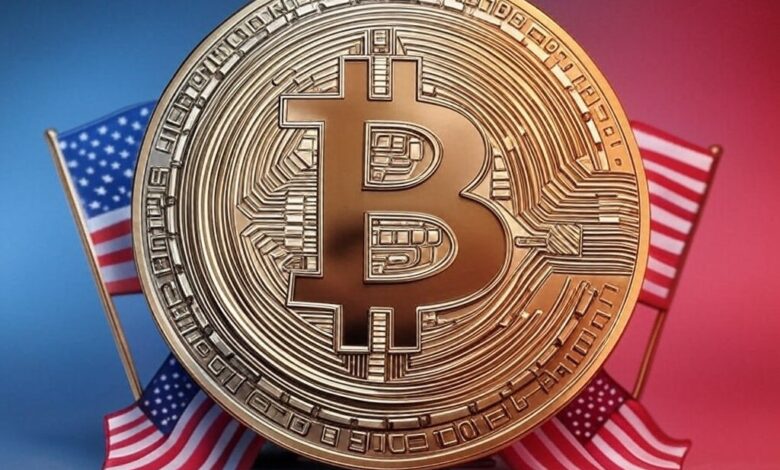‘Crypto Week’ to Mark Defining Moment for U.S. Digital Asset and Stablecoin Regulation

U.S. lawmakers are entering what has been dubbed “Crypto Week,” a potentially historic turning point for cryptocurrency regulation that could set the tone for the future of stablecoins, decentralized finance (DeFi), and digital asset markets.
The House of Representatives is preparing to vote on two major bills: the Guiding and Establishing National Innovation for U.S. Stablecoins (GENIUS) Act and the Digital Asset Market Clarity Act, known simply as Clarity. Together, these pieces of legislation could create a long-awaited regulatory framework for the fast-evolving digital asset industry.
A Legislative Milestone
GENIUS, already approved by the Senate, proposes strict backing requirements for stablecoins, mandating full reserves in U.S. dollars or liquid equivalents, independent audits for large issuers, and clearer guidance for foreign-issued tokens. If passed by the House on Thursday as anticipated, the bill could reach President Donald Trump’s desk by week’s end.
Clarity, scheduled for a Wednesday vote, seeks to provide regulatory structure for the broader crypto sector. It aims to define jurisdiction between the Securities and Exchange Commission (SEC) and the Commodity Futures Trading Commission (CFTC), enforce transparency standards for digital asset firms, and establish rules for custody and investor protection.
A House Rules Committee will finalize the schedule and potential amendments, but insiders expect minimal changes to the bills’ core provisions.
Divisions in Congress and the Industry
Crypto advocates like the Cedar Innovation Foundation have hailed Clarity as a crucial step: “We can no longer rely on outdated laws to govern 21st-century innovation,” the group said. “These bills are a chance to set responsible rules of the road.”
However, resistance is mounting, particularly from Democratic lawmakers wary of President Trump’s direct involvement in crypto ventures. Estimates suggest Trump and his family have profited over $620 million from digital asset initiatives, including the controversial World Liberty Financial stablecoin and associated memecoins.
Rep. Maxine Waters and Rep. Stephen Lynch have branded the week “Anti-Crypto Corruption Week,” accusing the administration of self-dealing and vowing to oppose both bills. A Democratic staff briefing is planned to lay out their objections.
There are also concerns about regulatory overreach. Critics point to a February executive order that could give the White House greater control over independent financial regulators, a move some say risks politicizing crypto oversight.
Industry Optimism Meets DeFi Concerns
Despite the political tension, analysts see the bills, especially Clarity, as major unlocks for institutional adoption. Mark Palmer of Benchmark wrote Monday that Clarity could trigger “widespread institutional participation” by removing long-standing legal ambiguities.
Still, DeFi stakeholders worry the bill could impose uneven obligations. As written, Clarity ensures federal protections for centralized exchanges but may leave decentralized protocols subject to a patchwork of state laws. Some also fear that vague registration language could chill innovation in the sector.
Also on the Table: The CBDC Ban
In parallel, the House will consider a bill from Majority Whip Tom Emmer to prevent the Federal Reserve from issuing a central bank digital currency (CBDC) directly to consumers, a move supported by many Republicans who argue a CBDC could infringe on financial privacy.
While the Fed has studied the prospect of a digital dollar, Chair Jerome Powell has repeatedly stated that no CBDC would launch without explicit congressional approval. Treasury Secretary Scott Bessent echoed the sentiment earlier this year, saying he saw “no reason” for the U.S. to issue one.
What’s Next?
Though GENIUS is on track for swift passage, Clarity faces a more complex path. Its prospects in the Senate may hinge on how many House Democrats break party lines to support it, a sign of bipartisan momentum that could shape upcoming negotiations.
In the longer term, Senate discussions are expected to borrow elements from the Clarity bill, while also incorporating proposals from Senators Cynthia Lummis (R-Wyo.) and Kirsten Gillibrand (D-N.Y.), who have championed digital asset legislation since 2022.





